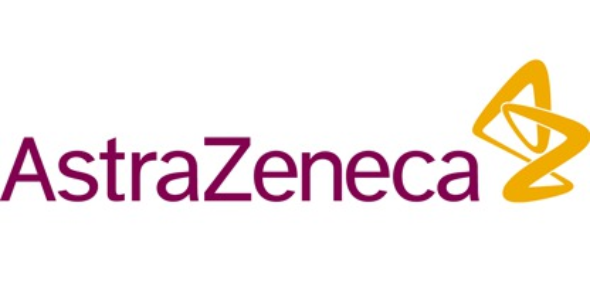
AstraZeneca is trying hard to make its tyrosine kinase inhibitor Tagrisso a first-line therapy for lung cancer, and has moved one step closer to doing so in the U.S., the company said.
AstraZeneca said Monday the U.S. Food and Drug Administration accepted its supplemental New Drug Application (sNDA) to use Tagrisso as a first-line therapy for patients with metastatic non-small cell lung cancer (NSCLC) with EGFR mutations.
The acceptance is based on data from Astra’s phase 3 FLAURA trial, the company said. Study results show Tagrisso improved progression-free survival in previously untreated mutation-positive NSCLC patients more than the current first-line therapies Tarceva (erlotinib) and Iressa (gefitinib).
The lung cancer drug is approved as a second-line treatment in the U.S. and Korea, among other countries.
Meanwhile, the U.S. National Comprehensive Cancer Network updated its oncology guidelines in September to include Tagrisso as a first-line therapy for patients with locally advanced or metastatic EGFRM mutated NSCLC, the company said.
Tagrisso (Osimertinib) is a third-generation irreversible epidermal growth factor receptor (EGFR) tyrosine kinase inhibitor (TKI) that stops the tumor from spreading in the central nervous system.

